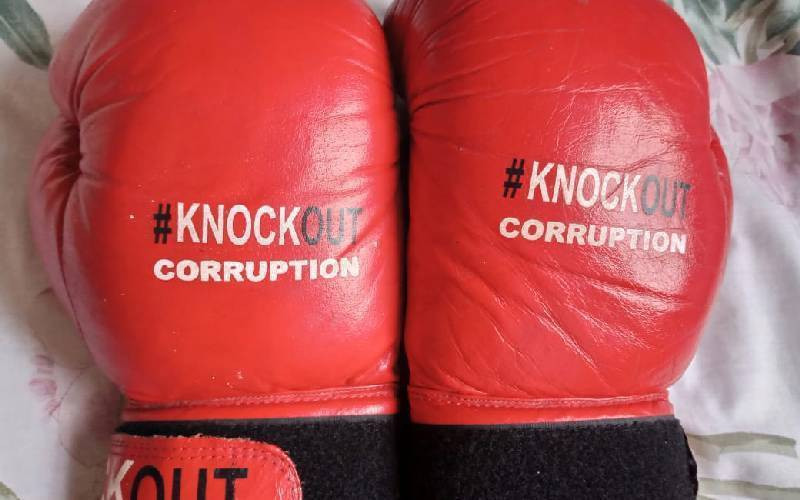×
The Standard e-Paper
Kenya’s Boldest Voice

Last week, as Christians around the country geared up to mark the death and resurrection of Jesus Christ and Muslims continued to mark the holy month of Ramadhan, it was revealed by the Ethics and Anti-Corruption Commission (EACC) that 2023 had seen an unprecedented increase in the paying of bribes in exchange for government services. In fact, not only was the figure shockingly high, it was nearly double the amount of bribes paid in 2022.